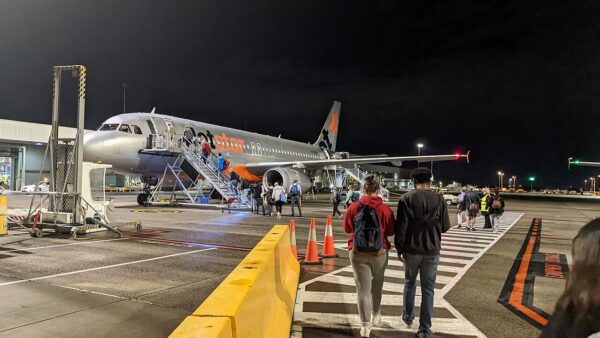UK infrastructure firm Amey has been testing wearable technology that might keep engineers who drive all hours safer – including “drowsiness collars” that stop them dozing off at the wheel.
The gadgets include biometric and location devices that read vital signs and detect when the body is under stress or has adopted an unexpected posture.
A collar-fitted drowsiness detector and an ear clip measuring changes in blood flow – signalling attention loss and fatigue – were tested over eight weeks on a maintenance contract for Highways England.
Also tested was a wrist-band that monitored vital signs and can send alerts if there is heat stress or sudden changes in posture.
“Every member of staff on that contract drives a vehicle and can be out at any time of the day or night, in all weathers or in locations like embankments and next to live traffic,” said Mike Kehoe, Amey’s principal engineer for intelligent transport systems.
The most common times for drivers to fall asleep at the wheel are early morning (2am-6am) and early afternoon (2pm-4pm), when the body clock reaches a natural dip causing drowsiness and reduced concentration, according to UK road safety charity Brake.
Brake says motorways are the most common roads for sleep-related crashes because of the monotonous road environment and lack of driver stimulation.
“We have more work to do to evaluate the market and look at ways to make the tech useable every day for our people,” said Kehoe. “It’s definitely the future, and many organisations, including Highways England, are looking at the concept. By putting our workers first we are on the way to making it a reality.”
Image: The most common times for drivers to fall asleep are 2am-6am and 2pm-4pm, according to research (Andrea De Martin/Dreamstime)










